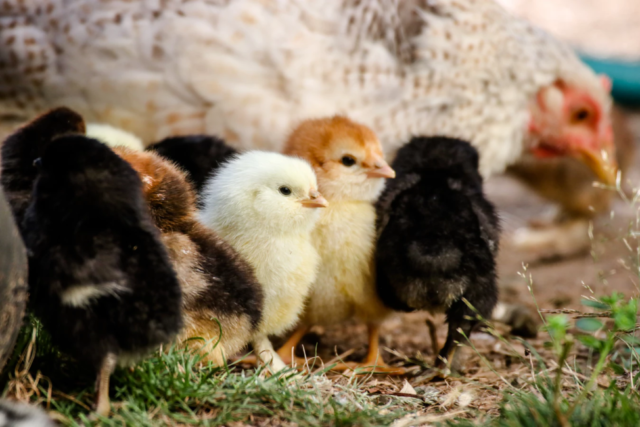
What are Ag-gag Laws?
Ag-gag laws are put in place to stop people from revealing the worst in factory farming abuses. They were introduced in response to the growing number of journalists and individuals who made public their filmed footage of the internal processes of these kinds of farms. The laws ban, or at the very least restrict, recording of industrialized farms and farming processes.
Advocates of ag-gag legislation claim that the laws prevent the defamation of honest farmers, and stop footage being used in a deceptive or misleading manner. Meanwhile, opponents of ag-gag laws argue that they only exist to cover up the poor treatment of animals, keep the public in the dark on this matter, and put commercial profit ahead of animal welfare.
Ag-gag laws are a barrier to ensuring animal welfare, a barrier to freedom of speech, and even a barrier to workers’ rights in the event that a factory farm worker wants to report the poor practices of their employer.
Ag-gag laws exist in a number of states in the U.S. to silence whistleblowers who try to make public the abuse of animals taking place on factory farms. Every 2 out of 3 farm animals in the world are now factory farmed, meaning that industrialized farming is becoming ever-more popular, and with that, concern for the welfare of the animals involved has grown.
Undercover investigations, through the use of secret filming, have previously revealed the horrific conditions in industrial farms, and the severe mistreatment of the animals reared and slaughtered in them.
Where are Ag-gag Laws in Force?
Ag-gag legislation has been formally passed in 6 U.S. states. The states of Utah, Iowa, Missouri, Idaho, and Wyoming all impose a criminal penalty, while North Carolina imposes civil sanctions.
More positively, 20 other states have attempted to pass ag-gag bills, including Florida, California and Illinois, but they were successfully blocked. Despite this, states that do not have ag-gag laws in place still often use other legal means such as trespassing laws to prevent people from filming industrial farming.
The Effects of Ag-gag Laws
Arrests in Utah: In September 2014, four activists were arrested in Utah for attempting to photograph a factory farm from across the road. Ultimately, the ag-gag charges were dropped, and three of the activists made a guilty plea to criminal trespass.
Boycotts in Iowa: The Iowa ag-gag bill, passed in 2012, was revoked in January this year after the courts decided it was unconstitutional. However, a new ag-gag bill was signed into law just 2 months later. This has led to a national animal rights group to petition its supporters to boycott Iowa as a vacation destination.
Filming in Indiana: In June 2019, an undercover worker made public a video of the beating of young calves at a dairy farm. Many attempts to pass ag-gag laws in Indiana have failed, so state law-makers introduced new legislation on trespassing in 2014.
What Can You Do?
You can find out where the state legislators and governor in your state stand on this issue and petition them to vote against these bills in your area if they are in place.
Although an ag-gag bill in Florida failed back in 2012, it’s unfortunately likely that more legislation will attempt to pass in future as the agricultural industry cracks down on its adversaries.
If you are passionate about animal rights, you can keep abreast of news concerning these laws by following organizations like the Humane Society and the ASPCA. You can also help by not consuming meat and encouraging friends who live in states where these laws are in force to contact their governors about the issue.
AUTHOR: Russell Emmental
Russell is a real estate journalist and ex-lawyer. He lives in Utah with his family and is a keen aviation enthusiast in his spare time.












